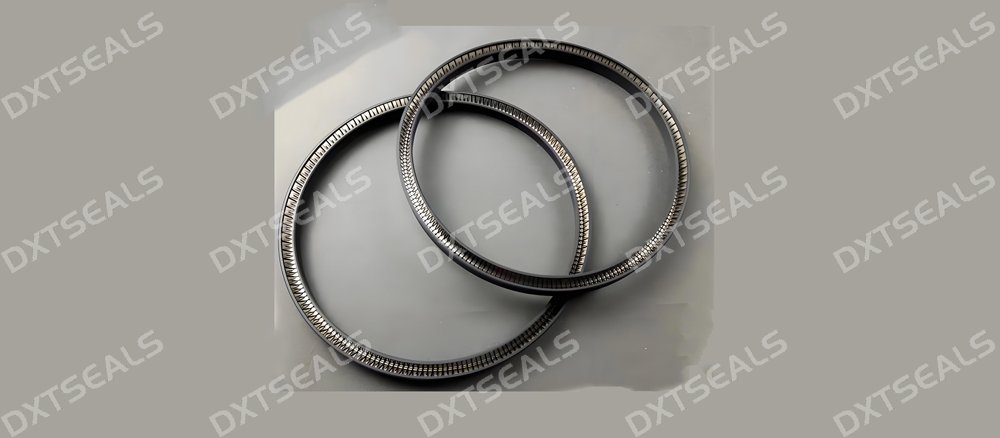
Sealing components play a vital role in modern machinery, ensuring protection against leakage, contamination, and pressure loss. The success of a sealing solution often depends on correct product selection and its ability to withstand specific operational demands. This article explores practical case studies that highlight how choosing the right seal impacts performance and longevity.
🔧 1. Case Study: Hydraulic Cylinder in Construction Machinery
Application Scenario:
A client operating heavy-duty construction equipment needed a high-pressure hydraulic cylinder seal that could withstand mud, shock loads, and continuous use.
Seal Selection:
A high-strength PTFE-based rod seal with an O-ring energizer was chosen for its wear resistance and low friction properties.
Results:
-
Operating pressure increased reliability up to 250 bar
-
Maintenance interval extended by 35%
-
No leakage recorded after 1,000 operating hours
👉 Key Takeaway: Material compatibility and seal structure were critical to handling harsh environments.
🏭 2. Case Study: Oil Seal in Industrial Gearbox
Application Scenario:
A manufacturing plant faced repeated failures of oil seals in high-speed gearboxes due to excessive heat and lubricant breakdown.
Seal Selection:
A fluorocarbon (FKM) oil seal was selected for its high thermal resistance and superior chemical compatibility with synthetic oils.
Results:
-
Stable operation at temperatures up to 180°C
-
Reduced oil leakage by 90%
-
Gearbox downtime cut in half over 12 months
👉 Key Takeaway: Temperature and lubricant type are decisive factors in seal selection.
🚗 3. Case Study: Axial Shaft Seal in Automotive Cooling Pump
Application Scenario:
An automotive OEM required a compact yet durable axial shaft seal for water pumps operating in tight spaces and high-speed conditions.
Seal Selection:
A mechanical face seal with elastomeric support was implemented, combining flexibility with mechanical stability.
Results:
-
Improved lifespan to 120,000 km
-
High sealing efficiency under coolant pressure
-
Met ISO/TS 16949 compliance standards
👉 Key Takeaway: Compact design and reliable sealing under dynamic conditions are essential for automotive applications.
🌡 4. Case Study: Panseal (Spring-Energized Seal) in Chemical Processing
Application Scenario:
A chemical plant processing corrosive fluids needed a reliable seal resistant to acids and solvents in a high-temperature pipeline.
Seal Selection:
A PTFE Panseal with Inconel spring was selected for its chemical inertness and high resilience under thermal cycling.
Results:
-
Leak-free operation at 220°C
-
2-year seal service life in continuous flow
-
Avoided costly chemical spills and downtime
👉 Key Takeaway: Spring-energized seals are ideal for aggressive chemicals and extreme environments.
✅ Key Considerations in Seal Selection
-
Media Compatibility: Always consider the fluid type—oil, water, air, gas, or chemicals.
-
Pressure and Temperature Ranges: Exceeding limits shortens seal life.
-
Speed and Motion Type: Rotary, reciprocating, or static conditions require tailored designs.
-
Installation Constraints: Space, shaft finish, and housing tolerances affect performance.
-
Regulatory Compliance: Especially for food, pharma, or automotive sectors.
🏁 Conclusion
From construction to automotive and chemical industries, seal selection has a direct impact on machinery performance and maintenance costs. These real-world examples demonstrate the importance of matching the right material, structure, and design to your application needs.
At DXTSEALS, we help clients across the globe make informed sealing decisions backed by engineering expertise and field-proven solutions.
🔗 Learn more at www.dxtseals.com
📩 Need expert advice? Contact us for a tailored sealing solution.
